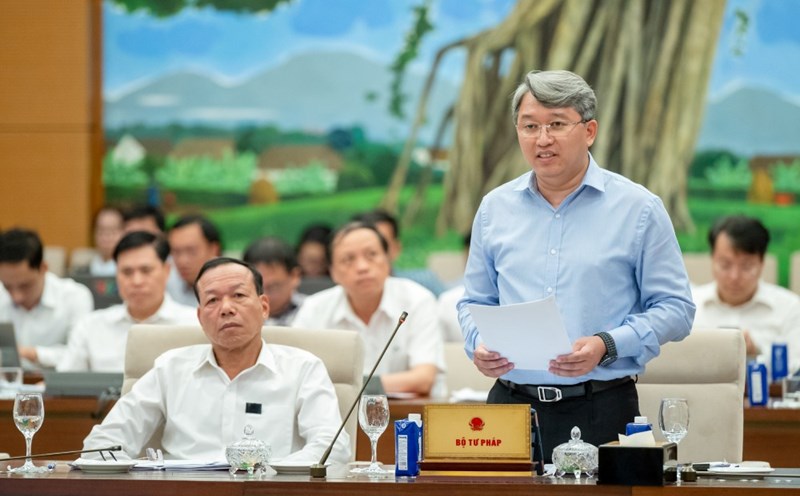Not only focusing on the issue of electricity, the Resolution paves the way for businesses to develop battery storage systems, build LNG warehouses, and petroleum warehouses on land and offshore, as well as participate in large-scale offshore wind power projects. This is a revolutionary change in thinking, from a state monopoly to a competitive market and comprehensive socialization.
However, releasing private resources is not easy. Investment capital is the biggest barrier, because energy projects require huge capital and long payback times, while Vietnamese private enterprises are mostly small and medium, making it difficult to access preferential credit. The legal framework for renewable energy is also unstable, causing many investors to be hesitant. The transmission infrastructure cannot keep up with the speed of power source development, leading to the paradox of "surplus but cannot be sold".
To resolve this, many experts recommend the promulgation of the Law on Renewable Energy soon, perfecting the direct power purchase and sale mechanism (DPPA) and transparent, stable and long-term PPA contracts. At the same time, it is necessary to establish a National Energy Transition Fund, develop a green financial ecosystem, including preferential credit, green bonds, carbon certificates, and tax and deduction incentives to reduce capital costs for businesses.
The participation of the private sector not only brings capital, but also promotes innovation. Startups in the field of storage batteries, smart grid or carbon market can become a new driving force if they are facilitated to experiment and connect with the investment ecosystem. With boldness and flexibility, the private sector can shorten the technological gap, especially in offshore wind power projects - a field that is expected to become a pillar of energy security in the future.
Resolution 70 sets a target of 183 - 236GW of electricity capacity by 2030, of which renewable energy accounts for 25 - 30% of the total primary energy supply. By 2045, Vietnam will aim for a smart, modern energy system, with the proportion of renewable electricity (excluding hydropower) accounting for 74 - 75%. These ambitious figures can only become a reality when the private sector is considered the main driving force.
Unleashing resources from the private economy not only reduces public investment pressure, diversifies supply and reduces risks to global fluctuations, but also helps Vietnam fulfill its Net Zero commitment by 2050. Resolution 68 and now Resolution 70 have given the key to the private sector and the remaining question is how to use that key to open an era of sustainable, modern energy, capable of ensuring the aspiration for national development.











